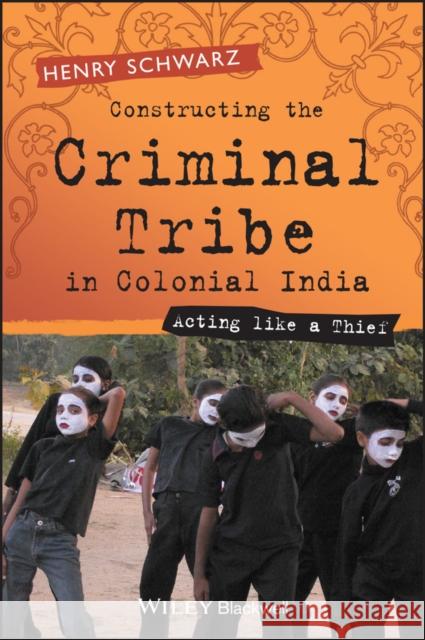Constructing the Criminal Tribe in Colonial India: Acting Like a Thief » książka
topmenu
Constructing the Criminal Tribe in Colonial India: Acting Like a Thief
ISBN-13: 9781405120579 / Angielski / Twarda / 2010 / 176 str.
Constructing the Criminal Tribe in Colonial India provides a detailed overview of the phenomenon of the -criminal tribe- in India from the early days of colonial rule to the present.
- Traces and analyzes historical debates in historiography, anthropology and criminology
- Argues that crime in the colonial context is used as much to control subject populations as to define morally repugnant behavior
- Explores how crime evolved as the foil of political legitimacy under military
- Examines the popular movement that has arisen to reverse the discrimination against the millions of people laboring under the stigma of criminal inheritance, producing a radical culture that contests stereotypes to reclaim their humanity











